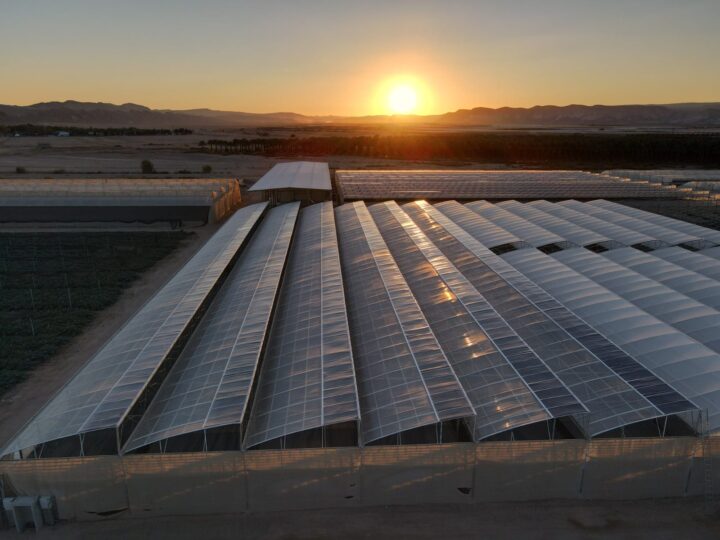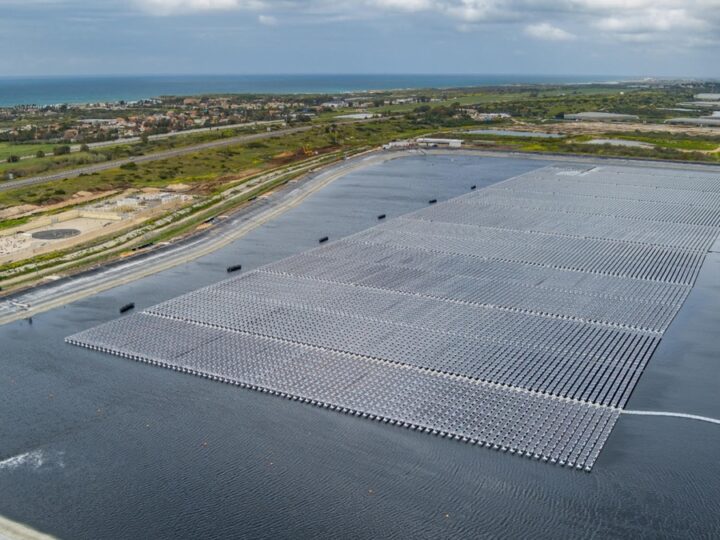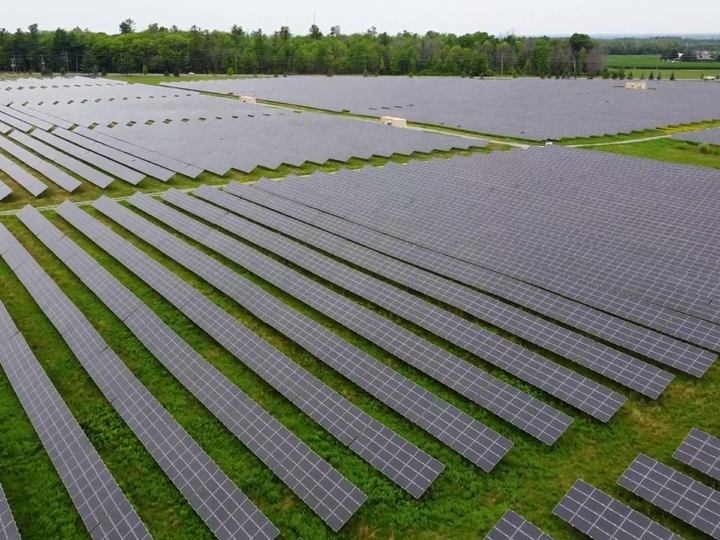The corporate pivot has long been the stuff of lore for Silicon Valley and Startup Nation companies alike. A company launches in one direction, then realizes it’s not succeeding and makes a turn toward something better.
Among the most famous startup pivots are mobile phone maker Nokia, which started out making rubber boots; Western Union, which rose to fame with telegrams and today is the world’s largest money-transfer service; Nintendo, which originally manufactured playing cards; and Twitter, which started as Odeo, a podcasting company that was rendered irrelevant when Apple enhanced iTunes to include podcast support.
Israel has seen its fair share of pivots, too.
Meerkat was intended to be a live video-streaming product, but after Twitter acquired a competing product, the company pivoted to become Houseparty, which lets multiple friends video chat with each other simultaneously. CEO and founder Ben Rubin described the decision as a “pivot from courage,” rather than a “pivot from fear.”
LiveU also launched as a tool to stream live video. While it still does that, the company has added a group focusing on automotive technology, enabling video and data to be streamed to and from a vehicle to enable remote operation (especially useful for the future of autonomous cars). The company was acquired for $200 million earlier this year.
Vayyar Imaging had an automotive pivot of its own: the company’s technology, originally intended to screen for breast cancer, now monitors passenger activity within a car, including a potentially life-saving backseat baby motion detector.
Commtouch was one of the first Internet-based email systems, going public in 1999. Today, the company provides cloud-based Internet security systems under the name Cyren to top-name businesses, including Google, Microsoft and Check Point.
News Datacom pivoted several times and under several names, moving from its initial focus on building smart cards for satellite broadcasters to securing streaming video under the brand Synamedia.
Consis Medical began its tech journey as a robotically-piloted “sleeve” that could scout out smuggling tunnels. Now it’s being used to make colonoscopies safer and more comfortable.
From hardware to software
Yossi Fisher never imagined he would need to pivot from his solar power generation company, Solaris Synergy.
Fisher and his team built a floating photovoltaic (FPV) system that could be placed on top of a water source – a reservoir or a lake, for example – thus reducing the amount of land required for setting up a large solar panel farm.
The affordable system also lowers water evaporation, reduces algae growth and keeps the water underneath fresh. It’s more power-efficient than land-based systems since it can use the water’s surface for cooling the solar panels and semiconductors.
Solaris Synergy was first tested in 2011 at the Arava Institute on Kibbutz Ketura in southern Israel. The company won a Global Cleantech cluster award later that year and in 2014 began testing on two Israeli reservoirs.
While the company wasn’t alone in building FPV systems, the Solaris system was made of flexible stainless-steel cables to withstand wind and waves up to hurricane levels – something no one else could do at the time.
Then the Chinese stepped in.
“Ten years ago, a kilogram panel of photovoltaic material was around $10,000,” Fisher tells ISRAEL21c. Solaris Synergy got it down to around $3,000. But with Chinese mass production, that same kilogram panel today is just $200.
The Chinese saturated the market, crippling not only Solaris Synergy but other pioneering Israeli solar hardware leaders like Luz and Brightsource.
The Chinese system is made of plastic, Fisher points out. “It’s very nice, easy to install and cheaper, but if you ask me, it won’t hold for 15 years or more,” like Solaris’s stainless steel.
Still, money talks: Chinese plastic floaters now comprise 99 percent of the market.
Solaris Synergy still does small projects and consulting. But Fisher saw an opportunity to do a pivot within the solar space.
Together with Danny Gimpel, Fisher cofounded Mada Analytics, which is building software to enable renewable energy companies to better monitor and manage energy flow.
As Fisher explains, “You can’t predict when there will be wind. It’s always fluctuating.” The same is true with the sun. “So, how can you build an electrical grid if you can’t count on the energy sources?”
The company’s algorithms crunch data from multiple sources– weather predictions, electrical prices at different times of the day, historical conditions, probability and statistical models – to recommend to a renewable energy facility when to store energy (typically in big electric batteries), when to discharge it (when the price is typically the highest) and, perhaps most important, “how to make money on this,” Fisher explains.
Storing and dispatching energy “creates massive amounts of complexity in analytics,” Gimpel tells ISRAEL21c. “We are attempting to upstage the Chinese dominance in mass-market equipment manufacturing through data and a smarter approach to the complexities of the environment.”
Mada Analytics started as a spinoff from Brightsource called Mada Energie, which was developing an energy storage system based on compressed air.
Legendary solar-energy entrepreneur Arnold Goldman was behind both companies, but when Goldman passed away in 2017, Fisher and Gimpel decided to pivot once again – this time to pure software.
Gimpel compares what Mada Analytics offers its customers to a home mortgage. “When you go to get a mortgage, the bank wants to know your cash flow, your salary, and then they’ll tell you ‘We’ll give you this much debt,’” Gimpel explains.
That’s a problem when you’re trying to finance a wind or solar farm.
“Banks don’t like the unpredictability of the weather, so they will only provide a loan up to a minimal amount of cash flow,” Gimpel says. “They’re not willing to take risks on volatility.”
By smoothing out a company’s cash flow using big data to make consistent predictions, a bank might be persuaded to increase the amount of debt it will give a renewable energy company from, say, 50% to 70%.
In 2018, the company completed a proof-of-concept product. Mada Analytics has three signed agreements – with a battery manufacturer in Brazil, an engineering firm in Italy and a solar software company in California.
Can Mada Analytics actually predict the weather? “No,” Gimpel concedes. That would be one pivot too far.
But in the startup business where the pivot is king, Gimpel and Fisher have joined a long list of successful Israeli and international entrepreneurs who wisely switched gears.
For more information, click here

















